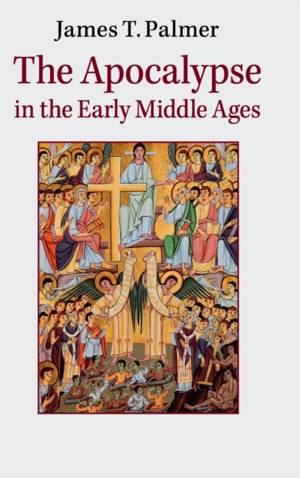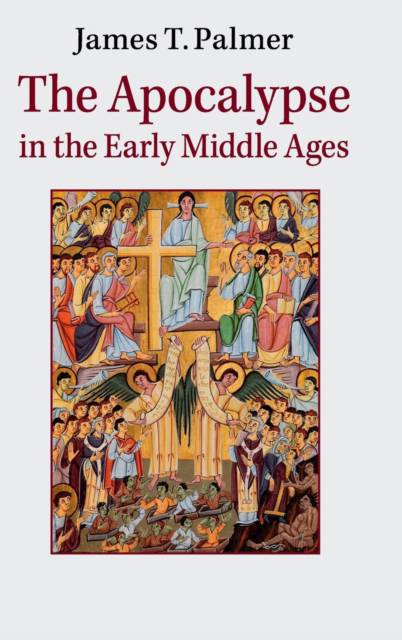
- Afhalen na 1 uur in een winkel met voorraad
- Gratis thuislevering in België vanaf € 30
- Ruim aanbod met 7 miljoen producten
- Afhalen na 1 uur in een winkel met voorraad
- Gratis thuislevering in België vanaf € 30
- Ruim aanbod met 7 miljoen producten
Zoeken
€ 136,95
+ 273 punten
Uitvoering
Omschrijving
This groundbreaking study reveals the distinctive impact of apocalyptic ideas about time, evil and power on church and society in the Latin West, c.400-c.1050. Drawing on evidence from late antiquity, the Frankish kingdoms, Anglo-Saxon England, Spain and Byzantium and sociological models, James Palmer shows that apocalyptic thought was a more powerful part of mainstream political ideologies and religious reform than many historians believe. Moving beyond the standard 'Terrors of the Year 1000', The Apocalypse in the Early Middle Ages opens up broader perspectives on heresy, the Antichrist and Last World Emperor legends, chronography, and the relationship between eschatology and apocalypticism. In the process, it offers reassessments of the worlds of Augustine, Gregory of Tours, Bede, Charlemagne and the Ottonians, providing a wide-ranging and up-to-date survey of medieval apocalyptic thought. This is the first full-length English-language treatment of a fundamental and controversial part of medieval religion and society.
Specificaties
Betrokkenen
- Auteur(s):
- Uitgeverij:
Inhoud
- Aantal bladzijden:
- 270
- Taal:
- Engels
Eigenschappen
- Productcode (EAN):
- 9781107085442
- Verschijningsdatum:
- 29/12/2014
- Uitvoering:
- Hardcover
- Formaat:
- Genaaid
- Afmetingen:
- 150 mm x 229 mm
- Gewicht:
- 498 g

Alleen bij Standaard Boekhandel
+ 273 punten op je klantenkaart van Standaard Boekhandel
Beoordelingen
We publiceren alleen reviews die voldoen aan de voorwaarden voor reviews. Bekijk onze voorwaarden voor reviews.











